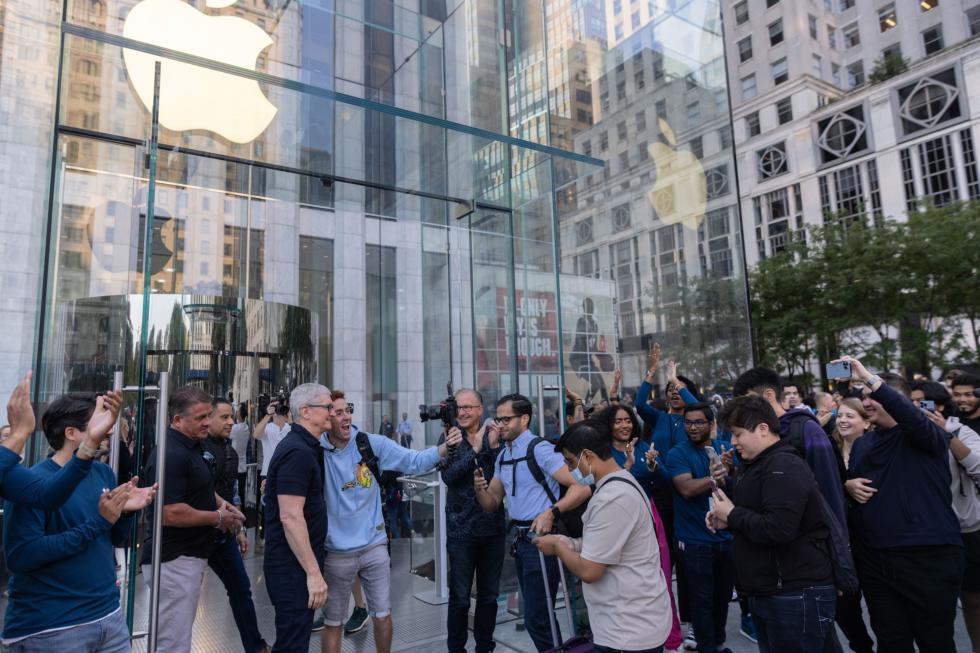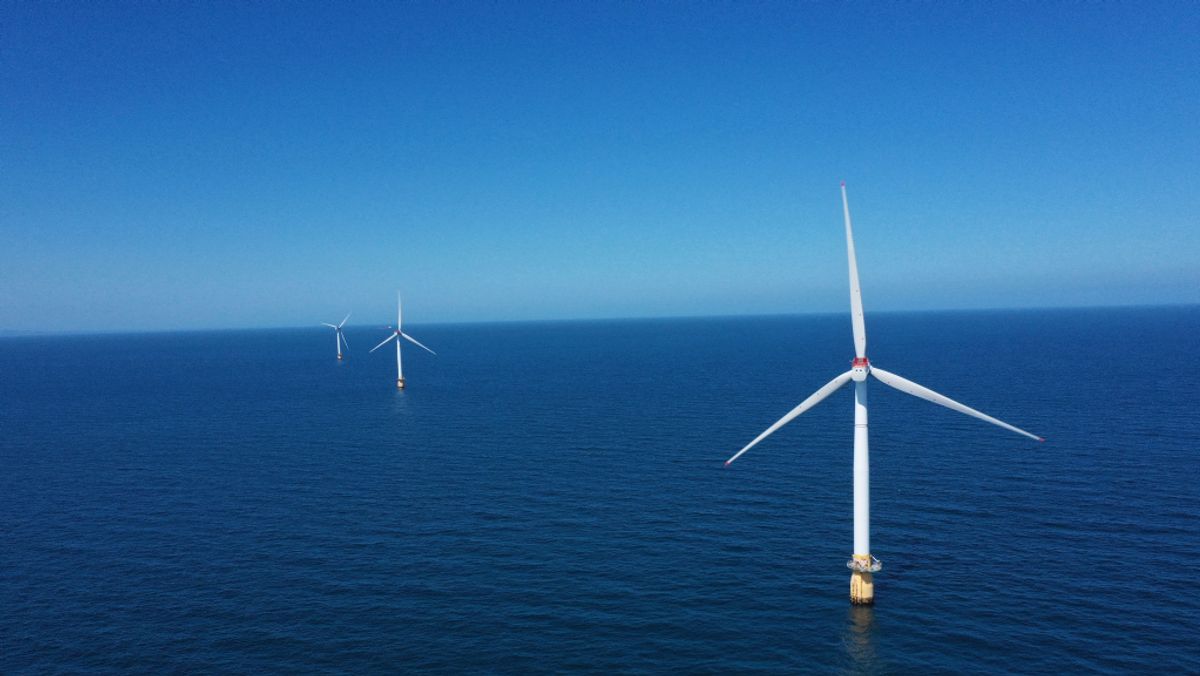2022 was a bad year for stock IT companies. Investors have largely turned away from growth stocks in favor of safer earnings due to higher interest rates and other turbulence.
Even Apple, the world’s most valuable company, has struggled with headwinds this year, dropping 22 percent in the stock market. It’s still better than the Nasdaq, which is down 30 percent this year, according to CNBC.
do not worry
Apple has long been seen as a safe haven due to its strong balance sheet, diversified revenue streams and brand building, but some investors were still nervous about bad news surrounding the company after manufacturing troubles in China and strikes in Australia.
Morgan Stanley, on the other hand, isn’t intimidated, choosing to have what it considers to be a long-term view of the tech giant, writes CNBC.
Investment Bank basic case $175 each while the most optimistic scenario suggests a price target of $235. This corresponds to a rise of 22 and 64 percent, respectively.
“While most investors focus on short-term supply disruptions, we believe this ignores the strength and health of Apple’s ecosystem, where we remain positive,” Morgan Stanley analysts, led by Eric Woodring, wrote in a note.
Low price = buying opportunity
Moreover, analysts believe that any decline in the stock due to supply chain disruptions is a buying opportunity:
“Any share displacement on the back of supply-related disruptions represents an opportunity to own one of the highest quality technology platforms with a first-class management team,” the investment bank wrote.
Morgan Stanley is also highlighting Apple’s increasingly “subscription-like” model, with extremely loyal customers.
Going forward, the investment bank expects Apple’s services business to return to double-digit year-over-year growth, after missing analyst estimates for the fourth quarter that ended in September, according to CNBC.
Skeptical of Apple

APPLE SKEPTICAL: Investment Director Richard Mark Dodds at Pure Value Metrics. Image: pure value measures
Morgan Stanley’s analysis comes as a slight contrast to success chief Richard-Mark Dodds’s Pure Value Metrics judgment of the IT giant earlier this week.
According to the Swiss-based fund manager, Apple has “overperformed” in the stock market this year as the company spent $90 billion buying back shares in the last fiscal year. Dodds believes this helps mask underlying weaknesses.
Stock buybacks pushed Apple’s total equity to $51 billion, after reaching an all-time high of $134 billion in 2017, as the IT giant continued to borrow money to fund buybacks at a rate that outpaced earnings.
— will drive themselves into a brick wall of accounting papers, says Dobbs, and points to the possibility that Apple will eventually not be allowed to borrow more to make subsidy purchases.

“Web specialist. Lifelong zombie maven. Coffee ninja. Hipster-friendly analyst.”




